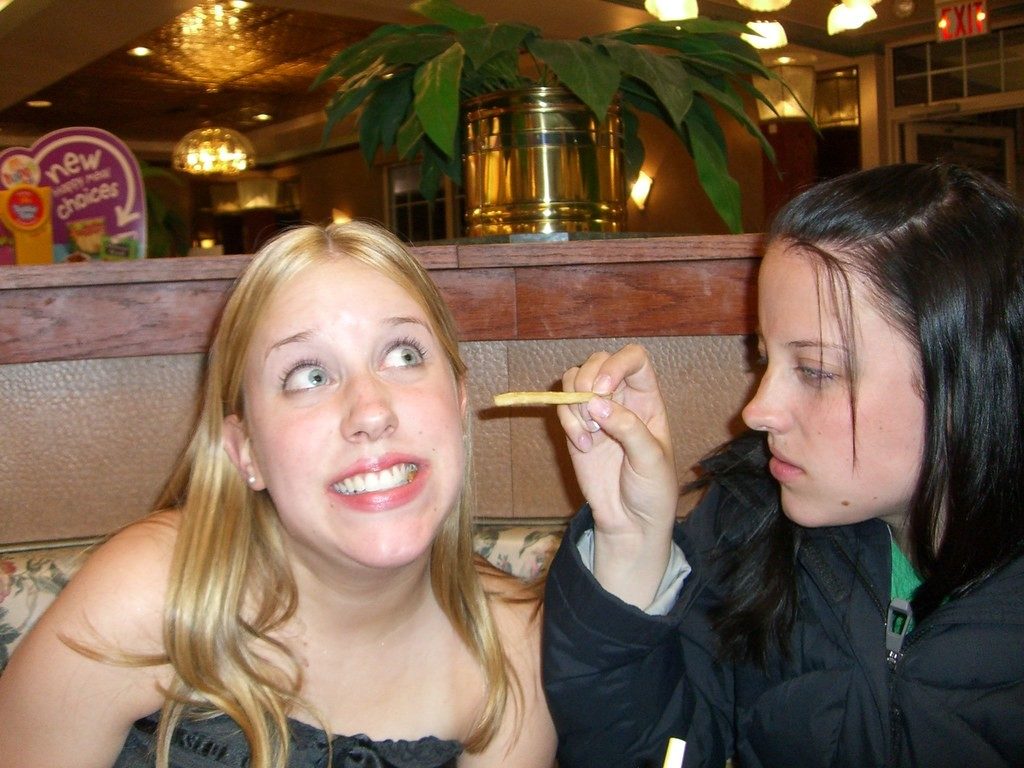How Labeling Ignites Conflict

Twin pairs that grew up with inadequate parental guidance and blatant favoritism develop an emotional hierarchy between themselves that ultimately erodes their connection. In many of the pairs I have treated, the preferred twin is viewed by her sibling as cold and insensitive. In turn, the twin who feels second rate is often described as overly sensitive and needy by her counterpart.
The twin who receives preferential treatment is often profoundly conflicted. While she relishes her acclaimed position, she also feels guilty that this favoritism comes at the expense of devaluing her sister. This discrepancy usually becomes more pronounced in high school. Many of my adult female twin patients tell me they retrospectively recognize that many of their maladaptive behaviors during their teenage years reflected attempts to cope with their second-rate status. They recall a radical loss of time spent with their twin as the social circles available to each of them widened. Some describe a significant weight gain or a life-threatening weight loss. Others recall feeling depressed, coming down with an illness, or retreating from social and athletic activities.
The burgeoning separation likely led to insecurity in the less-favored twin. She did not trust that she had the skills needed to cope on her own. Her profound disappointment, anger, and cynicism toward her twin left her feeling alone and abandoned. In fact, many disfavored siblings unconsciously recreated a twin attachment with a significant other. They often assumed a caretaking function so they could feel loved and appreciated. The majority of these overly accommodating relationships ended because the twin ultimately felt used rather than valued.
Adult twins who grew up in this discrepant fashion struggle to speak a common language. The good twin often feels annoyed and self-righteous. She resents being blamed for the label her parents laid on her twin, although deep down she feels some guilt and shame about it. So, in her virtuous indignation and defensiveness, she can appear unloving as well as perplexed by being faulted for her twin feeling cast aside and demeaned.
As with most couples, each twin has to work through her separate issues before she can hear the other’s perspective without feeling narcissistically wounded or personally attacked. This is an extremely difficult and delicate situation for twin pairs because their deep-rooted childhood connection and shared experiences often cloud their ability to attend to present issues. The “good” twin wants all of this bad stuff to go away while the “bad” one demands an apologetic recognition and validation of her suffering at the hands of her sister. This is a tall order for both parties. Professional help might be able to facilitate communication and diffuse the tension that understandably erupts in such conflicts.
Image courtesy of Dave Smith (CC BY 2.0)

